BSc (Hons) Biomedical Sciences Programmes
Biomedical sciences involves the study of the processes behind human health and disease and developments in the field drive and guide improvements in medical practice.
Our biomedical programmes have a common structure in Years 1 and 2 that provides a firm grounding in the knowledge, understanding and skills required for our specialist disciplines of infectious diseases, neuroscience, pharmacology, physiology and reproductive biology.
In Years 3 and 4, you will focus on exploring your chosen discipline in depth. There are opportunities to transfer between disciplines at the end of Years 2 and 3.
You will be taught within an internationally respected research environment and will have the opportunity to work with our research groups.
Applying for a Biomedical Sciences programme
Please apply for only one of the programmes in the Biomedical Sciences suite of programmes.
Compulsory courses in Years 1 and 2 mean that you will have the opportunity to switch between honours programmes at the end of Year 2 and at the end of Year 3, provided the required courses have been passed.
Tuition Fees
Information on tuition fees for full-time and part-time undergraduate degrees can be found on the Tuition Fees website.
Talk to us and learn more about the programme
The Biomedical Teaching Organisation supports all programmes within the Deanery of Biomedical Sciences. If you'd like to have a chat about any of our programmes, please get in touch and we will do our best to answer any questions you might have.
Email: BMTO@ed.ac.uk
See programme details on the Undergraduate Study Degree Finder
BSc (Hons) Biomedical Sciences programmes on the Undergraduate Study Degree Finder
BSc Anatomy and Development

BSc Biomedical Sciences

BSc Infectious Diseases
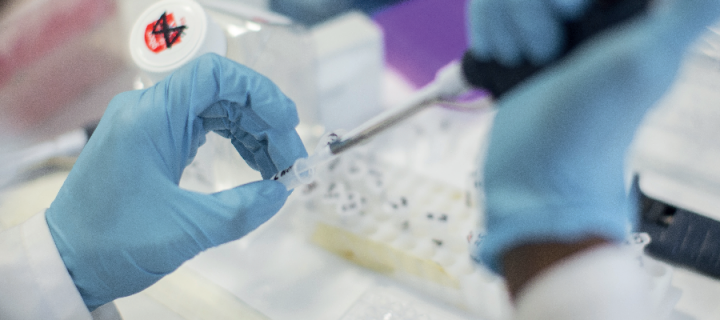
BSc Neuroscience
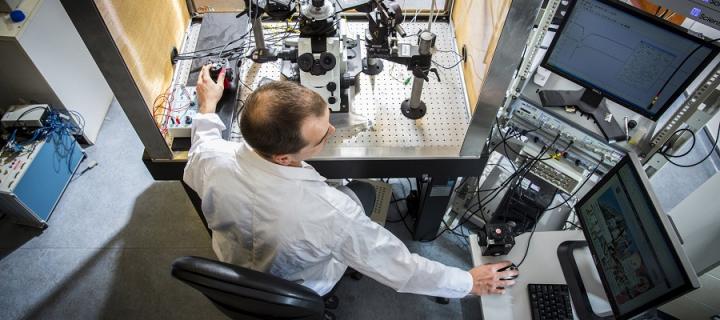
BSc Pharmacology
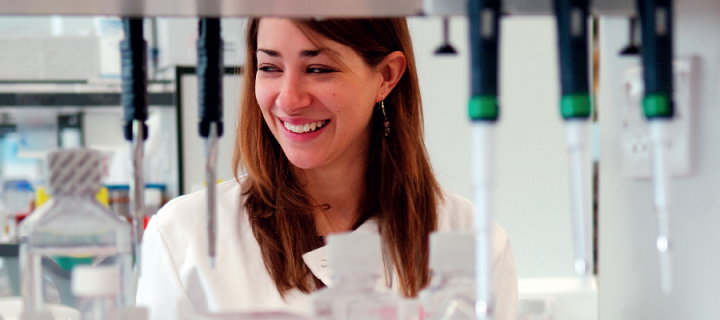
BSc Physiology
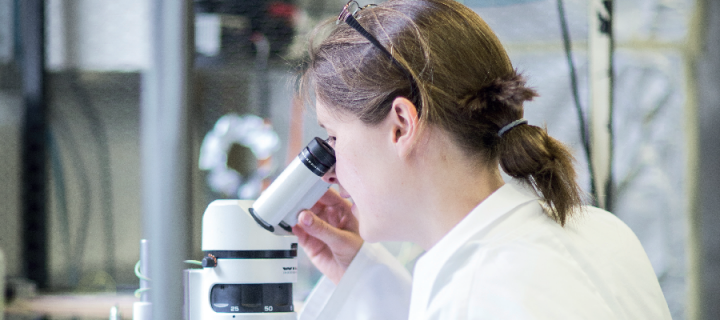
BSc Reproductive Biology
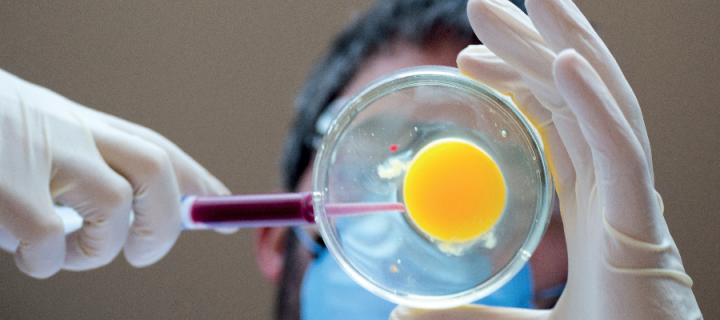
Learn more about the BSc (Hons) Biomedical Sciences programmes
The Biomedical Teaching Organisation supports all programmes within Edinburgh Medical School: Biomedical Sciences. If you'd like to have a chat about any of our programmes, please get in touch and we'll do our best to answer any questions you might have.

